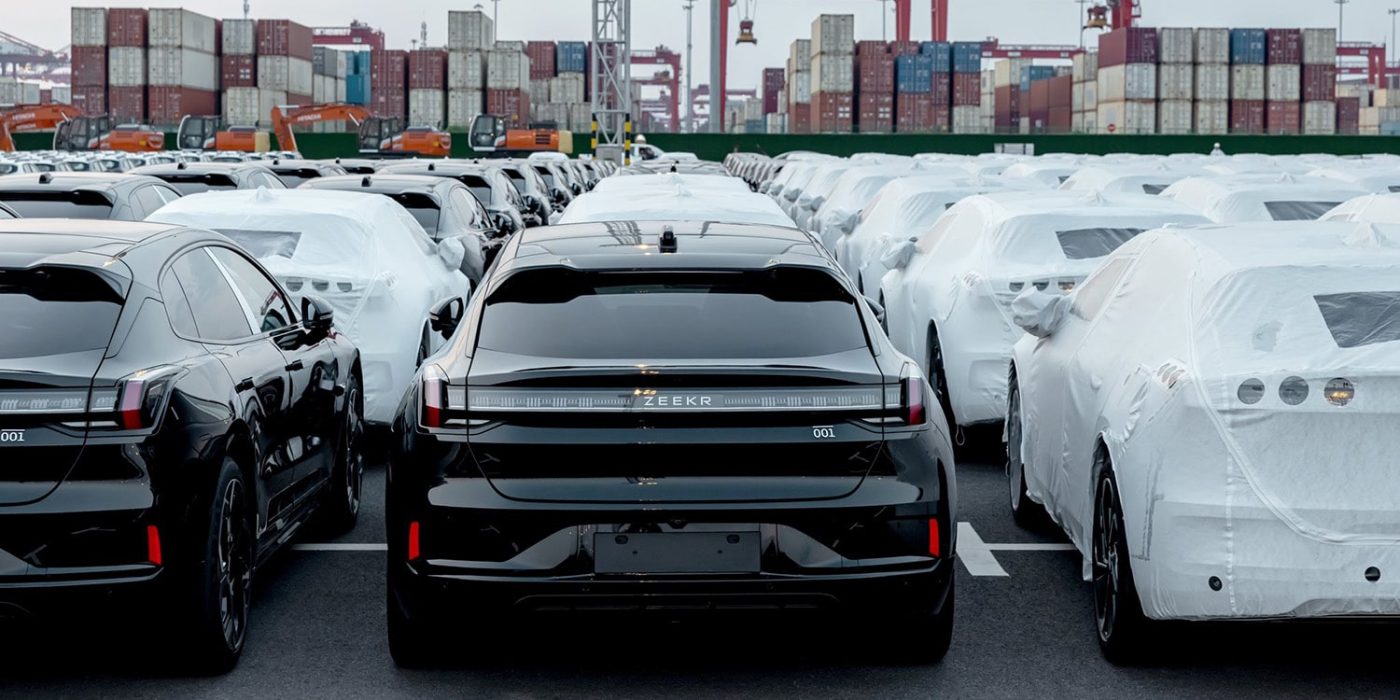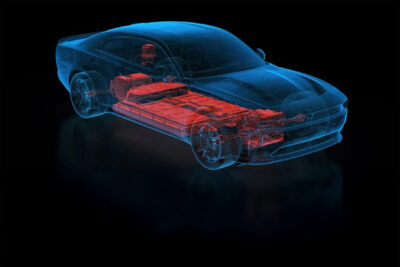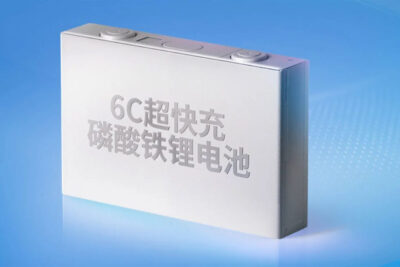EU could impose retroactive tariffs on Chinese EVs
According to the news agency Reuters, the EU will start customs registration of Chinese electric vehicles to impose possible retroactive tariffs. The probe will officially conclude in November. If the EU’s trade investigation then concludes that Chinese carmakers receive unfair subsidies, tariffs could be imposed from the time of registration. Moreover, the EU could impose provisional duties in July.
The EU argues that imports of Chinese electric cars to the European Union continue to grow at “an accelerated rate.” If that continues, European carmakers could suffer unrepairable harm. “At this stage it is possible that, on the basis of the data collected during the investigation, the injury, which would be difficult to repair, started to materialise even before the end of the investigation,” the Commission states. The registration of imported Chinese EVs will start the day after the plan is published in the EU official journal.
This comes after the European Commission visited the three Chinese manufacturers BYD, Geely and SAIC to verify information previously provided by the manufacturers in questionnaires. The Commission now writes that “the available evidence at this stage tends to show that the exports of the product concerned are benefiting from countervailable subsidies.”
The EU launched an anti-dumping investigation in October 2023 to determine whether BEV value chains in China benefit from “illegal subsidisation and whether this subsidisation causes or threatens to cause economic injury to EU BEV producers.” EU Commission President Ursula von der Leyen formulated this in mid-September in the European Parliament in Strasbourg: “Global markets are now flooded with cheaper Chinese electric cars, and their price is kept artificially low by huge state subsidies. This is distorting our market.”
At the time, it was already clear that if legally warranted, the EU may impose provisional anti-subsidy duties after nine months (i.e. in July), which can become definitive after said 13 months after the initiation of the investigation. Whether or not Chinese carmakers receive unfair subsidies is particularly relevant in light of the increasing market share of electric cars made in China. These accounted for eight per cent of the EU electric vehicle market in 2023 and could reach 15 per cent by 2025, according to Reuters, “with these electric vehicles generally costing 20 per cent less than models made in the EU.”
reuters.com, europa.eu (regulation)





3 Comments